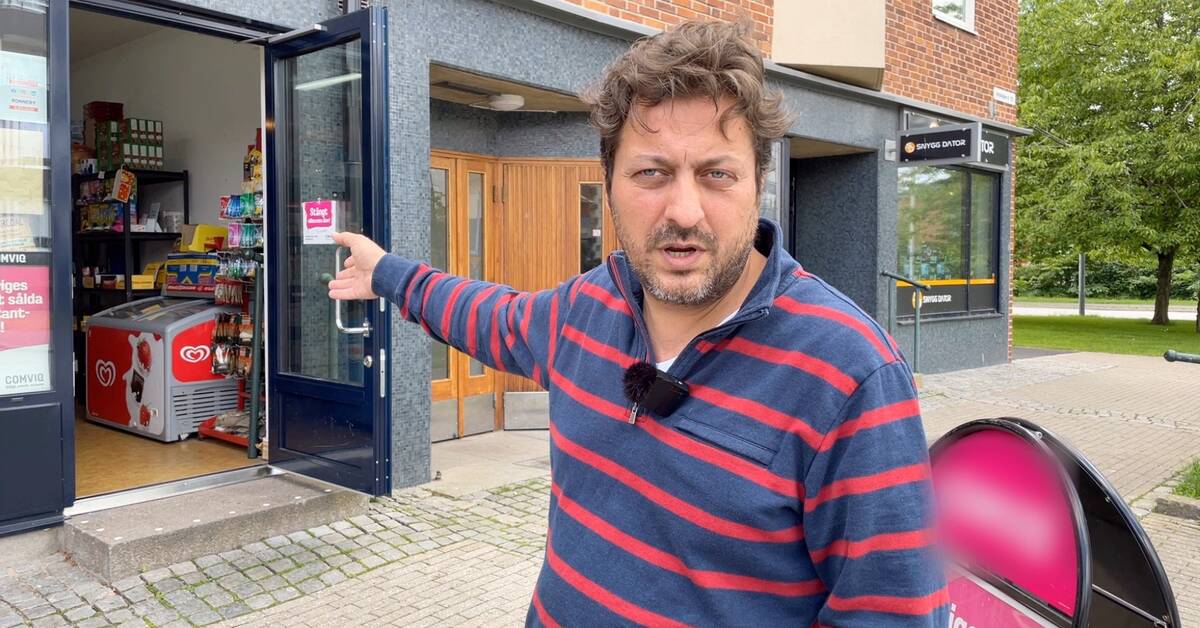A 16-year-old was arrested on Thursday on suspicion of murder.
The store owner Ahmad Kourdi has long wanted to set up a camera that monitors outside his store in Kristianstad.
- For example, the police could then come and check who the people are who come here and shoot.
That would stop all the problems here, he says.
Balancing different interests
According to the Privacy Protection Authority, IMY, with responsibility for the supervision and permission of the country's camera surveillance, one must weigh between two interests: the need for camera surveillance and privacy protection on site.
- In order for it to be permitted to monitor from a store, several serious incidents must have occurred at the site.
Now there has been a murder in this place where the shop owner has his business, which is very serious but still a single crime.
This therefore does not necessarily mean that the interest in surveillance outweighs, says Manne Leffler, lawyer at IMY, to SVT Nyheter Skåne.
Integrity weighs heavily
If a private person or a shop owner wants to set up a camera, no permit is required, but you must still take into account the rules in the Data Protection Ordinance and the Camera Surveillance Act.
- A store owner often has the opportunity to monitor inside his store, but monitoring out of the store is more sensitive to privacy because the camera then risks meeting people who just happen to pass, says Manne Leffler.
There must be a clear and justified interest in camera surveillance, which must be weighed against the intrusion into people's personal integrity that camera surveillance entails.
Easier indoors than outdoors
If you set up a camera, you are also obliged to inform about the surveillance.
- In general, it is easier to monitor the camera inside a store because the interest in privacy is not as high there.
You can inform about the camera and visitors can choose whether they want to enter the store or not.
Outside, you do not have that choice, says Manne Leffler, lawyer at IMY
It is the store owner himself who must make the assessment of whether the camera surveillance follows the rules or not.

